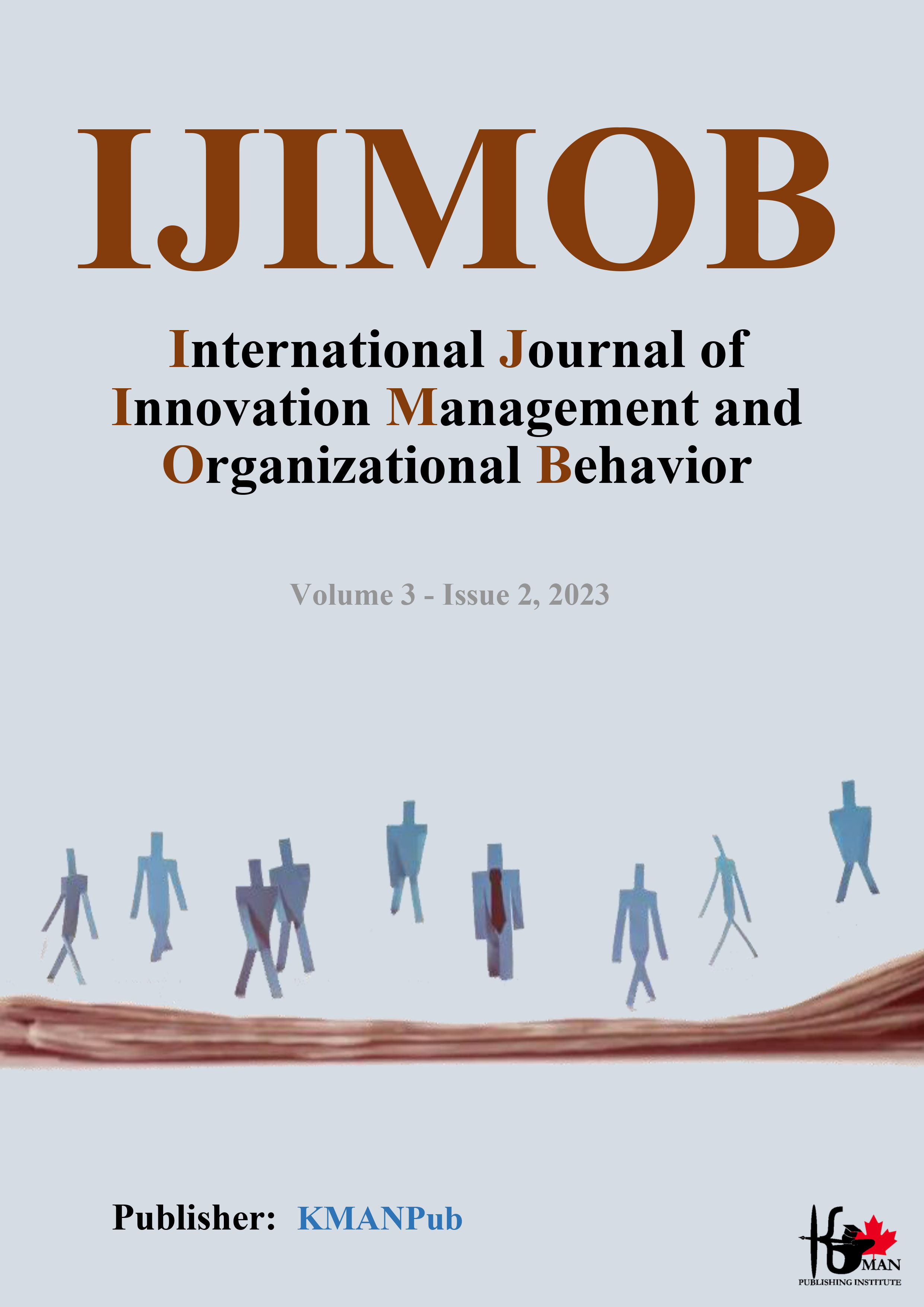Strategic Management in the Digital Age: A Review of Decision-Making Frameworks
Abstract
Objective: This article aims to critically review and synthesize the evolution of strategic management frameworks in the digital age, focusing on how these frameworks have adapted to the challenges and opportunities presented by digital technologies.
Method: The review employs a narrative approach to review scholarly articles and industry reports. It categorizes decision-making frameworks into groups such as IT governance mechanisms, digital transformation strategies, and predictive models. Each framework is examined in detail regarding its application, strengths, weaknesses, and real-world examples. Comparative analysis is used to assess the suitability of these frameworks across different business contexts, and emerging trends are identified. The method also involves analyzing challenges in implementation and predicting future developments in strategic management frameworks.
Results: The findings reveal that strategic management in the digital age is characterized by a shift towards more innovative, technology-driven approaches. Key trends include the integration of AI and machine learning, an increased focus on sustainability and ESG factors, and the importance of agility and flexibility in decision-making. Challenges in implementation range from aligning technological capabilities with strategic objectives to managing cognitive biases and ensuring cybersecurity. Future predictions suggest a continued evolution of these frameworks, with a greater emphasis on data-driven insights, sustainability, and technological integration.
Conclusion: The review concludes that evolving strategic management practices are crucial for businesses to navigate the complexities of the digital age effectively. Organizations must embrace technological advancements, integrate sustainability into their core strategies, and maintain agility and flexibility in their decision-making processes.
Downloads
Downloads
Published
Issue
Section
License
Copyright (c) 2023 Ali Chorli, Saeed Kazemi (Author)

This work is licensed under a Creative Commons Attribution-NonCommercial 4.0 International License.
















